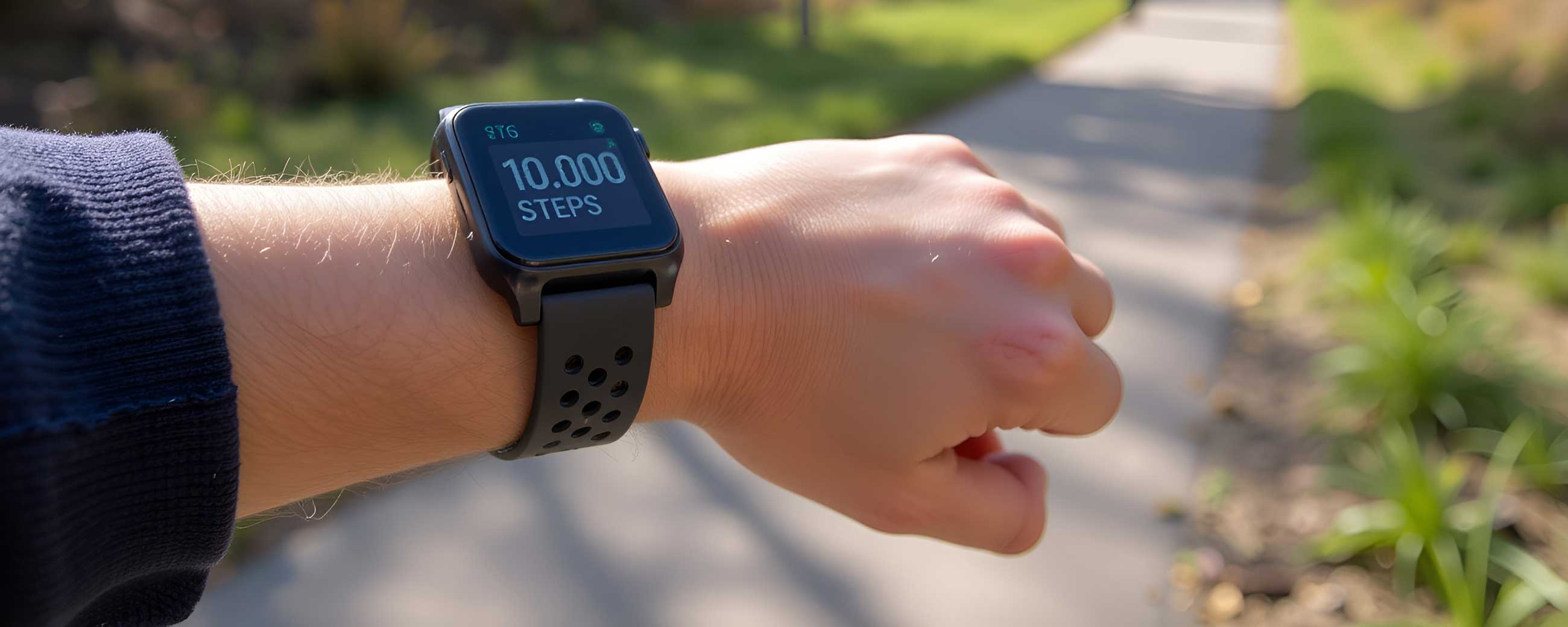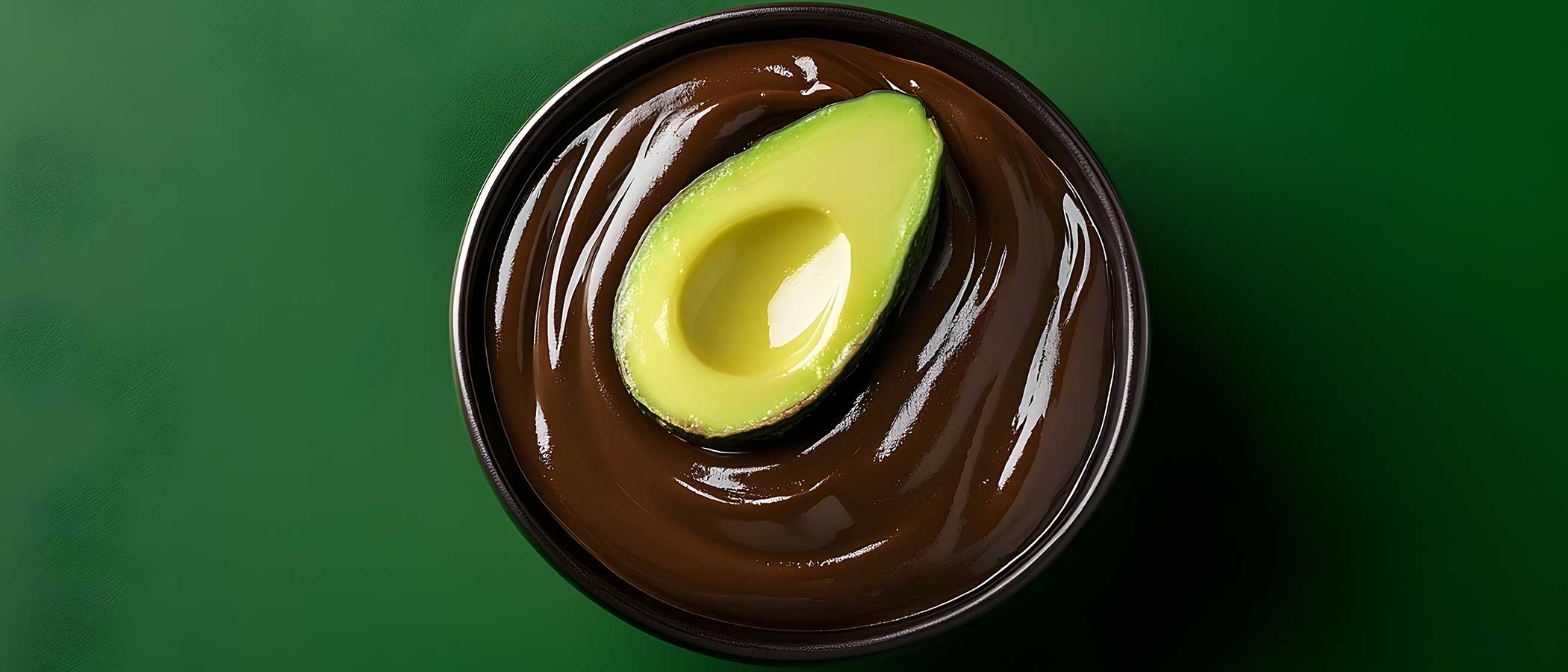
This Diabetes Dietician Has Empathy As A Superpower
Instagram influencer and registered dietician Danielle Bubliz wants everyone to know that their blood sugar doesn’t define them.
As a registered dietitian nutritionist, Danielle Bubliz runs the popular Instagram account, Food Freedom Diabetes. She posts not only blood sugar-friendly recipes and travel snacks, but also gentle reminders that “everyone has off days, including dietitians.” Believing that effective diabetes management must focus not only on the food you eat, but also on your mindset and self-esteem, Danielle’s mission is to reduce stigma around having all forms of diabetes and insulin resistance. Virta spoke with Danielle to ask her more about her philosophies on living well with diabetes.
When were you diagnosed with diabetes?
I was diagnosed with Type 1 diabetes at age sixteen. No one else in my family had it, so it was a huge shock. I had just switched high schools, and I tried to hide my diagnosis at first because I was ashamed. Prior to diabetes, I’d struggled with binge-eating. I’d been on diets since I was ten years old after my pediatrician told my mother I needed to lose weight. I wanted to take care of myself, but didn’t know how. I felt lost.
How were you able to turn your blood sugars around?
I was in undergrad at Chico State when a professor assigned the book Intuitive Eating. It resonated with me so much, opening my eyes to all the rules, the restrict/binge cycle, and the focus on weight loss I’d been struggling with. As I focused more on food and not weight loss, I found I was having an easier time managing my blood sugar. I realized that dieting takes away rather than adds to people’s lives. Letting go of dieting allowed me to pursue my health in a way that actually helped me.
Letting go of dieting allowed me to pursue my health in a way that actually helped me.
What is intuitive eating?
Intuitive eating is a self-care framework that helps individuals become more in tune with their inner cues. We live in a weight-centric world that disconnects us from trusting our own bodies. Even much of the training I received as a dietician was weight-centric. But simply cutting carbs and losing weight isn’t a sustainable goal for most people. Intuitive eating helps us let go of the rules that cause fear and guilt around food.
You have so much empathy for your clients. Why is this important to look for in a dietician?
It’s incredibly important for patients to feel like their dietician is able to empathize with them. Everyone has their own story and their own hardships. Having someone listen and say “wow, that’s really hard” is what so many of us need.
How can clients get back on track after binging?
Whenever someone experiences a binge episode, I tell them to give themself some space. Check in to your self-care activities. Remind yourself it’s not the end of the road. Recovery from binging is not a straight path. After a binge, continue with your day as usual. Don’t skip the next meal. This is just a moment in time, not the end of the story.
[If you binge], don’t skip the next meal. This is just a moment in time, not the end of the story.
How can we view food in a non-shaming way?
First, identify what food rules you really have. Recognize how your environment formed these rules. Did your parents tell you sugary food were bad? Did you watch the Kardashians trying a new diet each month? Ask yourself if these rules are facts or beliefs. Is there evidence to support these rules?
What would a self-care routine look like for someone with diabetes?
Self-care looks different for everyone. I tell patients to start with one self-care activity a week. This can mean winding down with some tea before bedtime instead of doom-scrolling through social media. I also encourage patients to incorporate some form of movement. This doesn’t have to be going to the gym. It can be stretching while you watch your favorite TV show. Do what helps you decompress.
Follow Danielle Bubiz on Instagram at Food Freedom Diabetes.

This publication is intended for informational purposes only and is not meant to be a substitute for professional medical advice, diagnosis, or treatment. Always seek the advice of your physician or other qualified health provider with any questions you may have regarding a medical condition or any advice relating to your health. View full disclaimer

Meghan Bea has lived with lupus for over a decade and is still learning about her disease. She began writing as part of her rehabilitation from a severe brain flare in 2014 and simply never stopped. Her work has been published in Hippocampus, Ravishly, Folks at Pillpack, Al Jazeera, and the Huffington Post. When she's not writing, she can be found cuddling with her rescue dogs, drinking bubble tea, and teaching students ages three to eighty-nine how to play the violin and viola.








